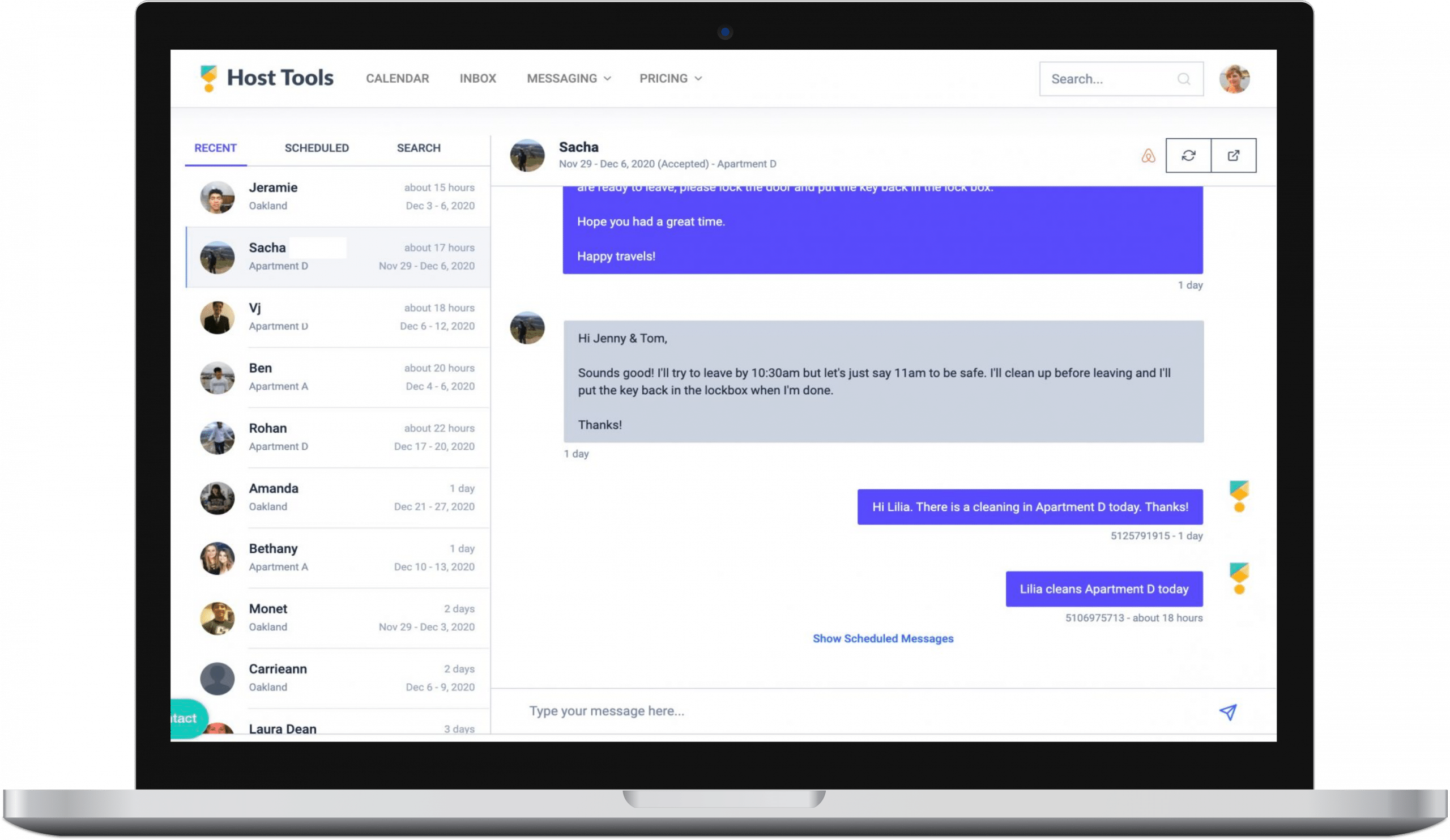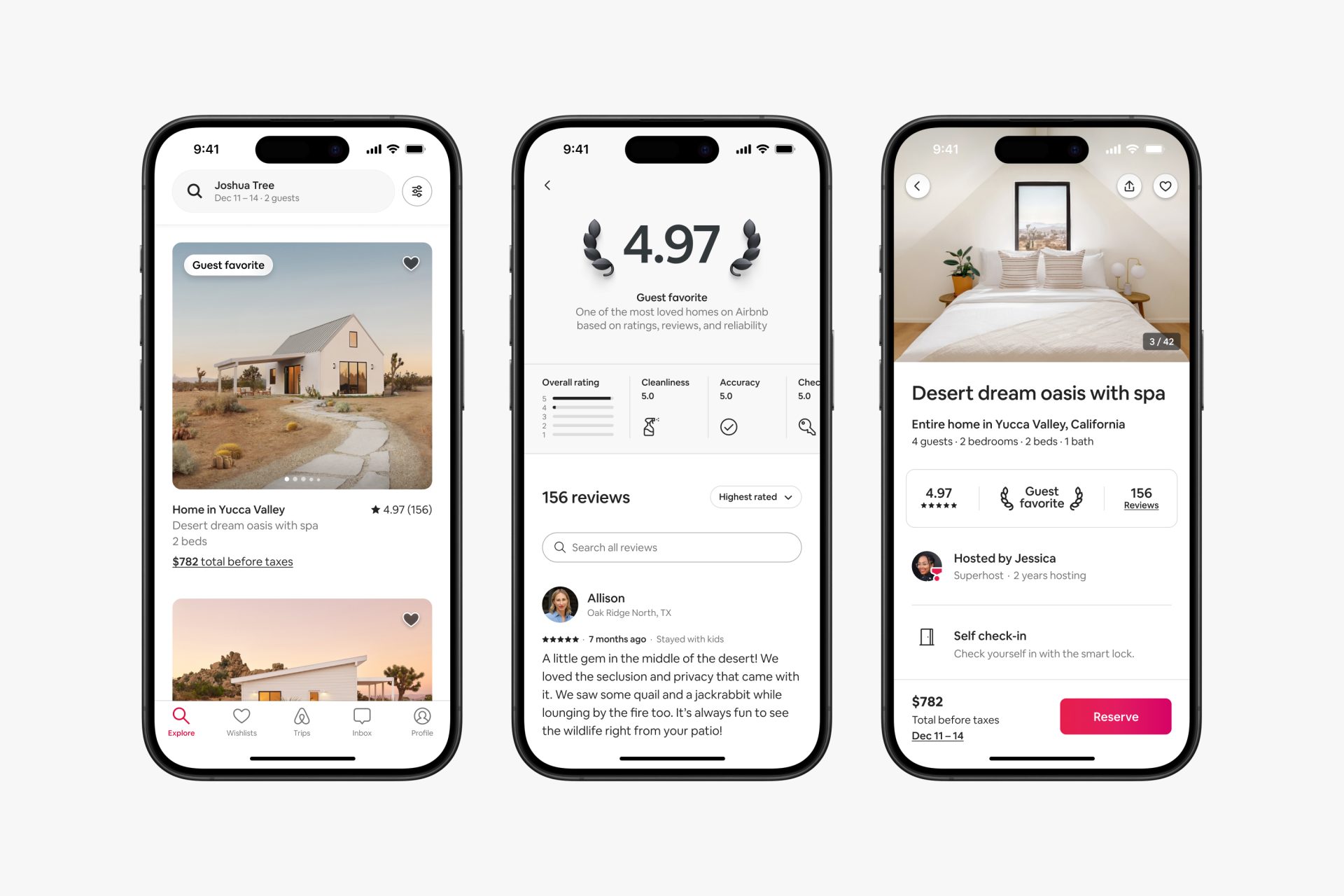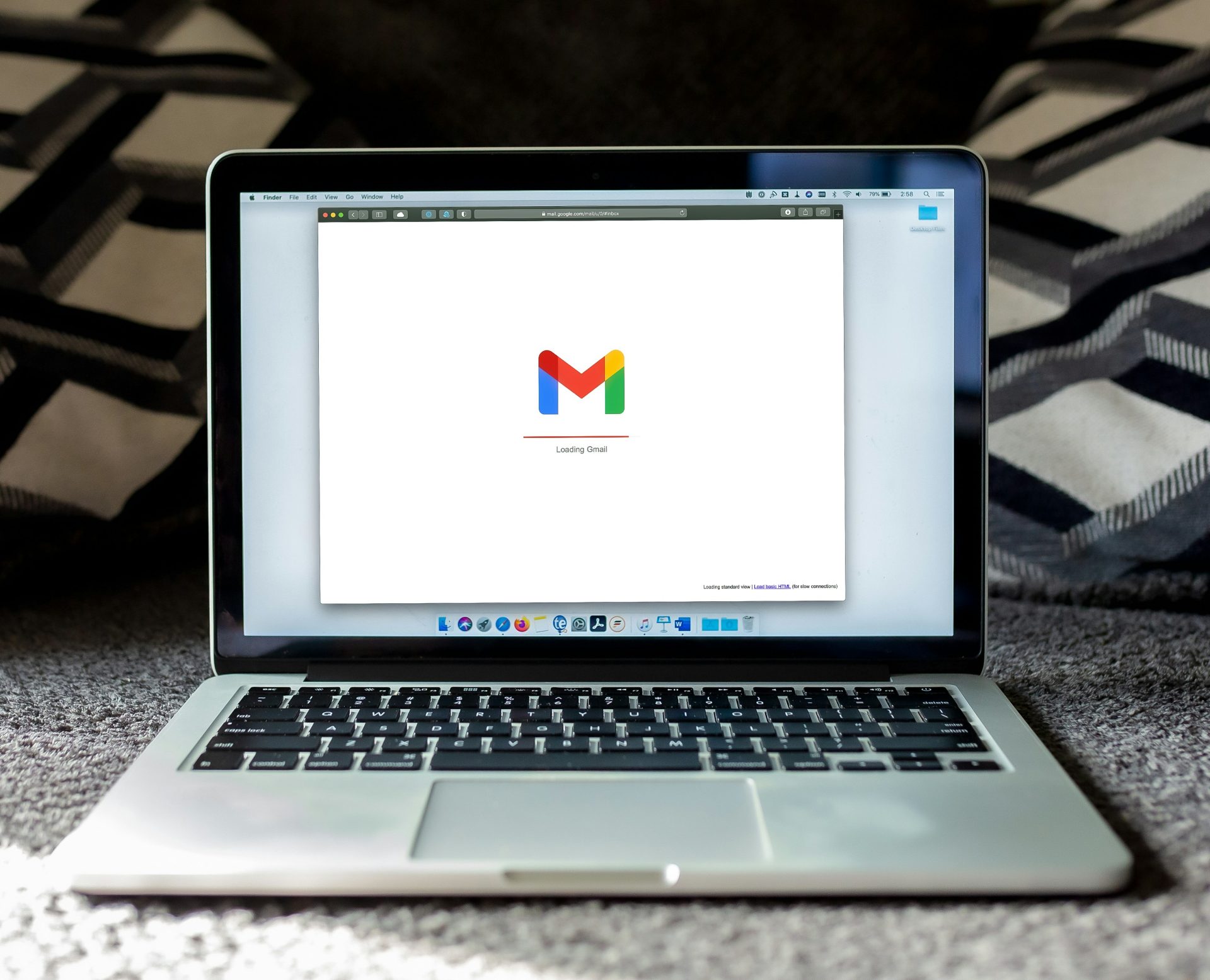Welcome to our definitive Airbnb budget guide! If you’re a short-term rental host looking to maximize your profits while delivering an outstanding guest experience, you’re in the right place. Mastering the art of effective budgeting can be a game-changer, helping you cut unnecessary expenses and streamline your operations.
This guide is designed to demystify the budgeting process for your short-term rental, offering practical tips and a free budget template to get you started.
Host Tools provides an automated, unified calendar for short-term rental hosts, allowing you to seamlessly list on all major channels. Start your free trial today!
Understanding Your Costs
Understanding your costs as a host is the first step toward effective budgeting. This section will delve into the various expenses involved in short-term rentals, enabling you to better plan your Airbnb budget.
Fixed Costs
Fixed costs, as the name suggests, are expenses that remain constant regardless of your occupancy rate. These typically include mortgage or rent payments, property insurance, HOA fees, and any recurring utilities. These are predictable and, thus, easier to budget for.
Variable Costs
Variable costs fluctuate with the number of guests and bookings. Examples of variable costs include cleaning expenses, restocking supplies, and routine maintenance. These costs are directly tied to the use of your space and, therefore, can rise and fall based on occupancy.
Unexpected Costs
Unexpected costs are those that aren’t planned for but can have a significant impact on your Airbnb budget. These can include unexpected repairs due to wear and tear, replacements for damaged items, or even vacancies during off-season. Setting aside a contingency fund to meet these unexpected expenses is a wise idea to have a backup plan without compromising profitability.
Pricing Strategies: Balancing Profitability and Competitiveness
Correctly pricing your listing is a delicate balance. You need to ensure that your rate is profitable, covering your costs, and providing a reasonable return on your investment. Simultaneously, your price needs to be competitive in your market to attract guests.
Competitive Pricing
First, conduct a competitive analysis of other listings in your area. Check out similar properties–consider factors like location, size, amenities, and reviews. From this, you can determine a competitive range for your pricing.
Dynamic Pricing
Consider adopting a dynamic pricing model. Dynamic pricing allows you to adjust your rates based on demand, time of year, and other factors. For example, you might increase your prices during peak tourist seasons or lower them during slow periods to maintain bookings.
Value-Added Services
Another pricing strategy is offering value-added services or experiences that can justify a higher rate. These could include airport pickups, guided tours, or special packages for events or occasions.
Remember, the goal is not just to set a price that covers your costs but also one that provides value to your guests and positions your property competitively in the market. Consistent reviews and guest feedback can also help you refine your pricing strategy over time.

Maximizing Your Income
Maximizing your income is pivotal to turning your hosting into a profitable venture. Below, will discuss strategies to enhance your income from your short-term rental.
Enhancing Guest Experience to Attract Positive Reviews
The guest experience is a significant factor that impacts your home’s reputation and, consequently, your income. A positive guest experience can lead to good reviews, which can boost your listing’s attractiveness to potential guests.
Consider personal touches, like a welcome basket or a local guidebook, to make your guests feel special. Ensure your property is clean, well-maintained, and accurately represented in your listing. Good communication is key–be available to answer questions and resolve any issues promptly.
Upselling Additional Services or Experiences
Upselling is a highly effective strategy for increasing your income. This involves offering additional services or experiences at a premium, adding value to the guest’s stay while boosting your earnings.
Examples could be a premium airport shuttle service, guided local tours, or even in-house dining experiences. Ensure these offerings are well-detailed in your listing and are priced competitively. Remember, upselling aims to enhance the overall guest experience, ensuring they feel they are receiving additional value for their money.
Budgeting for Future Growth
While managing your current expenses and maximizing your income is essential, it’s equally important to plan for the future growth of your business.
Here are some strategies to consider:
Reserving Funds for Property Improvements
Regular improvements to your property can significantly enhance your guests’ experience and increase the value of your listing. This could include updating the interiors, adding new amenities, or even renovating certain areas of your property.
Setting aside a portion of your income for these enhancements is advisable. Remember, investments in your property can pay dividends in the form of increased bookings and higher rates.
Expanding Your Portfolio
Once your initial property has gained traction and generates consistent returns, you may want to consider expanding your portfolio. This involves purchasing or leasing additional properties to host on multi-channel platforms.
Conduct thorough research on potential locations, considering factors like tourist demand, property prices, and local laws and regulations related to short-term rentals. The revenue from your existing property can be reinvested into these new ventures, helping to accelerate your growth in the short-term rental industry.

Free Budget Template
To aid your Airbnb budgeting process, we created an example of a budgeting template. It provides detailed categories for various types of costs, including maintenance, unexpected costs, and value-added services, allowing for an in-depth analysis of your financial performance
|
Category |
Budgeted Amount | Actual Amount | Difference |
|---|---|---|---|
| Cell | Cell | Cell | Cell |
| Income | Cell | Cell | Cell |
| Nightly Rate | Cell | Cell | Cell |
| Upsells/Other | Cell | Cell | Cell |
| TOTAL INCOME | Cell | Cell | Cell |
| Cell | Cell | Cell | Cell |
| Expenses | Cell | Cell | Cell |
| Fixed Costs (Mortgage, Rent, Insurance, etc.) | Cell | Cell | Cell |
| Utility Bills (Electricity, Gas, Water, Internet, etc.) | Cell | Cell | Cell |
| Maintenance and Repairs | Cell | Cell | Cell |
| Cleaning Fees | Cell | Cell | Cell |
| Platform Fees (Airbnb, Vrbo, ect) | Cell | Cell | Cell |
| Additional Services/Experience | Cell | Cell | Cell |
| TOTAL EXPENSES | Cell | Cell | Cell |
| Cell | Cell | Cell | Cell |
| Net Income (Income-Expenses) | Cell | Cell | Cell |
This Airbnb Budget Template is a simple yet effective way to keep track of your income, expenses, and future planning for your business. Regularly updating this template will provide a snapshot of your financial health and guide your decision-making process as you grow your business.
Final Thoughts on Creating an Airbnb Budget
Budgeting is the backbone of a successful business. It enables hosts to manage their income and expenses efficiently, plan for future growth, and adjust their strategies based on financial performance.
Hosts can significantly increase their profitability by incorporating upselling techniques, investing in property improvements, and planning for expansion. Every aspect ties back to effective budget management, from ensuring quality guest experiences to leveraging additional revenue streams. Take the time to plan your budget, stick to it, and watch your rental business grow!
Host Tools provides an automated, unified calendar for short-term rental hosts, allowing you to seamlessly list on all major channels. Start your free trial today!




